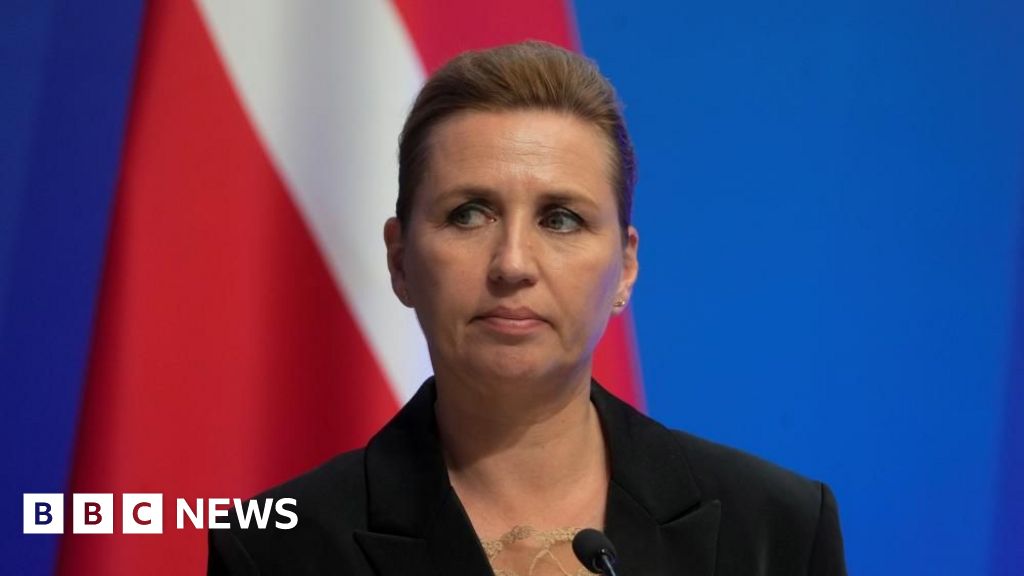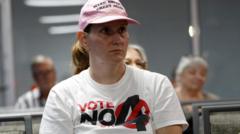CHICAGO (RTWNews) — College student Maya Roman has mastered the art of covert contraception delivery: a simple text, a walk to a discreet location, and a paper bag containing condoms and Plan B emergency contraception. At DePaul University, this is the only method students have to receive some level of sexual health support.
DePaul, a Catholic institution in Chicago, has banned any form of contraceptive distribution on campus. To sidestep this restriction, a student group has created an underground contraceptive delivery system dubbed 'the womb service.' Initially part of the university's Planned Parenthood Generation Action chapter, the group has since moved off-campus after losing its student organization status.
At Catholic universities nationwide, which typically do not provide contraceptives, student organizations are stepping in to support peers lacking reproductive health resources. These actions frequently encounter opposition from university administrators.
Reflecting the principles that discourage premarital sex and contraception, many Catholic colleges impose strict limitations on access to contraceptives. Activists argue they are offering vital assistance to students regardless of religious affiliation.
“I was in disbelief,” Roman recounted upon learning of the organization’s disbandment. “It was a flood of disappointment.”
Escalating Efforts Against Contraceptive Access
The push to limit access to contraceptives extends far beyond academic institutions, as various Republican-led states propose legislation to restrict emergency contraception and other birth control options. Some bills even mandate parental consent for minors seeking birth control.
The Trump administration exacerbated these issues by halting funding for family planning clinics providing affordable contraception and removing guidance on contraceptives from CDC resources.
Conversely, Illinois has taken a progressive step with Governor JB Pritzker signing legislation demanding that public colleges and universities offer contraceptive and abortion medication at on-campus facilities.
“We’re witnessing an extensive campaign to restrict contraceptive and abortion access across the U.S., not limited to Catholic campuses,” observed Jill Delston, a University of Missouri-St. Louis professor researching contraceptive access. “Within Catholic campuses, these challenges often intensify.”
Student-Led Initiatives Fill the Gap
Having learned about reproductive health through her nurse mother, Roman identified a significant lack of sexual health resources upon reaching DePaul, in stark contrast to her prior education. “It was about recognizing a need in the community and attempting to address it immediately,” she explained.
The group she leads now processes 15-25 orders weekly for contraceptives and organizes sexual health education events. “These institutions provide little to no access, so students are stepping forward to ensure their peers aren't denied control over their reproductive futures,” stated Maddy Niziolek from Catholics for Choice.
Similarly, at Loyola University, students provide contraception and sexual health resources while facing restrictions on their organization status. “Loyola’s motto is ‘cura personalis,’ caring for the whole person,” said Alyssa Suarez Tineo, an organizer there. “This shows how Loyola is failing to live up to its commitments.”
Meanwhile, Notre Dame’s Irish 4 Reproductive Health group is addressing the denial of contraceptive coverage by distributing resources off-campus while advocating for change.
Long-term Effects of Contraceptive Restrictions
The lack of access could significantly affect students' lives, raising concerns around bodily autonomy and their future opportunities for pursuing education and careers. The American Society for Emergency Contraception is working alongside student activists to promote increased contraceptive access on campuses.
As students navigate these challenging environments, they strive for progressive changes and continue to mobilize, with Students United for Reproductive Justice at DePaul leading the charge.
“It is possible; it is feasible,” Roman insists. “And you’re not alone in this struggle.”











